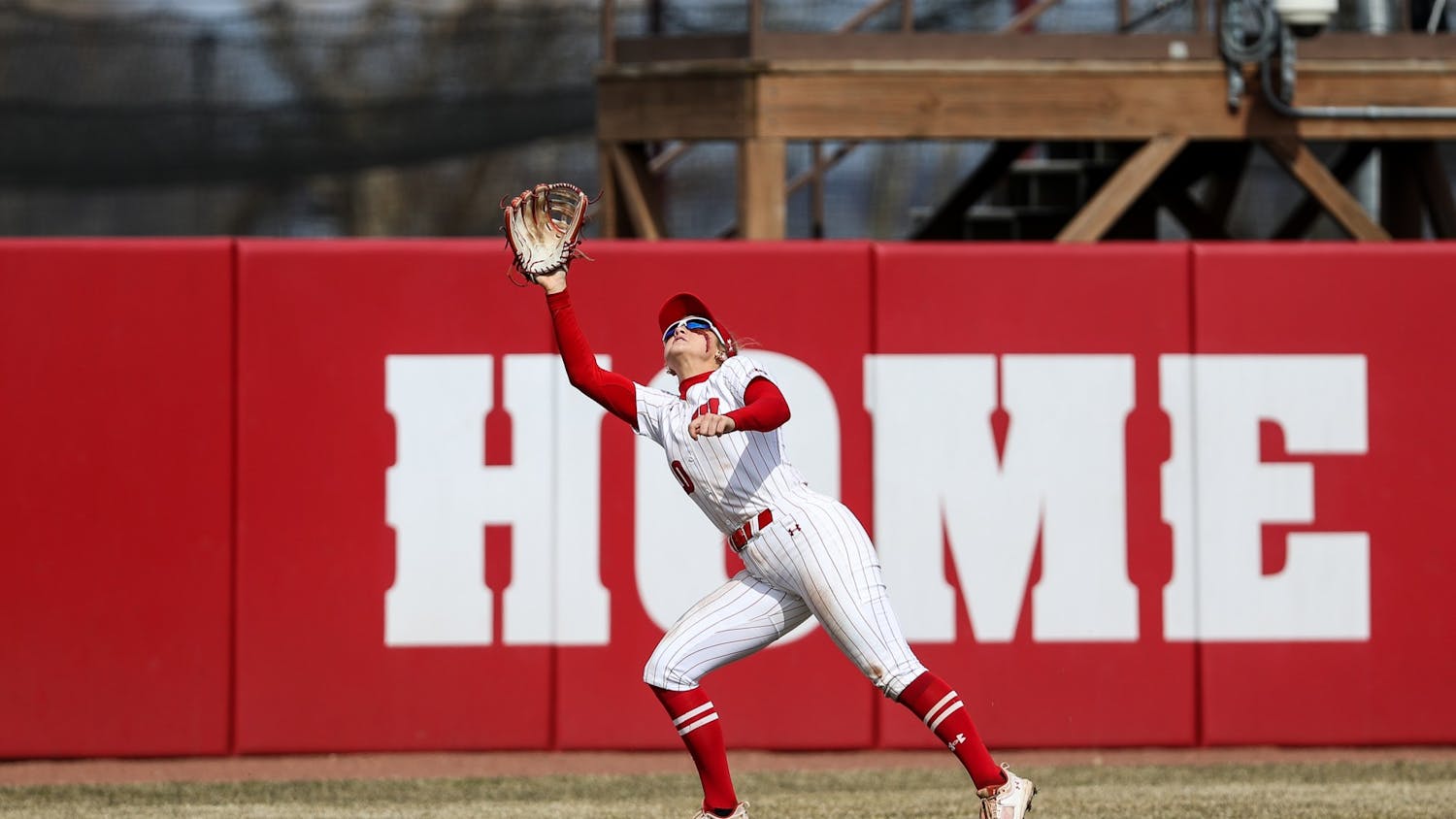Earlier in the young college football season, UCLA standout linebacker Myles Jack suffered a knee injury that ruled him out for the rest of the season. Today, he made the call to declare himself for the 2016 NFL draft, forgoing his remaining college eligibility. Myles Jack made the right call, and it should be a call that every other standout underclassmen football player should take into consideration thanks to a ridiculous NFL rule.
Jack as a sophomore had one of the best seasons of any defensive player last year and, along with his immense physical talent, skyrocketed him into the first round of many 2016 NFL mock drafts. This all came without him playing a single down in the 2015 season, indicating that, had he been able to, Jack would have likely been a high draft pick in the 2014 draft as well.
So, why didn’t Jack want decide to enter the draft this past summer then? School pride? Desire for one more shot at a potential title on a loaded UCLA squad? Maybe, but the problem here is that the NFL would not even allow him to have the choice to enter the draft because of its rules stating that to be draft eligible, one must be at least three years removed from high school. Sadly for Jack, he was only two. So, of course, instead of being free to make his own decisions and cash in, the NFL decided that players like Jack, regardless of talent level, just aren’t ready. Even though, you know, they have enough talent to be regarded as a first round pick.
That rule might inherently be one of the most unfair and frankly un-American rules in our country, and one that can cost an athlete millions. As a free nation, how is the NFL allowed to impose its will by preventing a person from earning millions as a pro athlete, just because he so happens to be 19 instead of 21? It’s mind boggling, and sadly this rule did some real damage to a true star not too long ago.
Remember Marcus Lattimore, the once-proclaimed next Adrian Peterson? Unfortunately for poor Lattimore, that dream will forever be unfulfilled. After exploding onto the scene as a freshman, Lattimore suffered a similar fate as Jack, suffering a season-ending knee injury. However, the key difference here was that Lattimore was a sophomore in his second year out of the preps, unlike Jack, a true junior, and thus preventing him from taking his talents to the next level. Lattimore successfully rehabs, and begins to have a successful junior year, until his season once again ends with one of the most gruesome knee injuries I have ever seen. Unfortunately, not only did this injury end his season, but it, in effect, ended his professional football career. While Lattimore was drafted in the fifth round, his knee never returned to health and the physical talent and dominance that once made opponents fear at the sight of the ball extending towards Lattimore was no more. Along with the disappearance of his skill was a boatload of cash.
As a fifth round pick, Lattimore did earn himself $300,000, money that almost anyone reading this would be happy to have (unless Warren Buffett is reading, which in that case, thanks for the read Warren!). However, that bonus is only about a tenth of the one Giovanni Bernard received that year, the first back taken as a second rounder. Many scouts before his injury agreed that Lattimore had sure first round talent, and had he just sat out his junior year, or been able to declare earlier in his career, Lattimore may still have one, or at the least he’d have a few more stacks in his bank account. The lesson here; if the NFL is not going to allow you to play the sport you love while getting rightfully compensated, don’t put your livelihood on the line for free. This is a lesson that talented underclassmen around the country should heed.
Specifically, I’m looking at you, Leonard Fournette, most dominant running back in the country as a sophomore. Fournette’s skill and early production should have him pegged near the top of almost any NFL draft board. However, once again, this is not possible, because Fournette is just a true sophomore. So, while I love seeing Fournette play on Saturdays, the best possible course of action for him and the rest of his career would be to shut it down, if not now, then after this magical season he is in the midst of.
While you can criticize him for being selfish, blame the NFL, not him. While college athlete compensation is a whole conversation on its own, one rule that needs to be changed is the amateur rule set by the NFL. Myles Jack got out in time. Let’s hope that Leonard Fournette and others like him can as well.
Do you agree with Myles Jack’s decision to declare for the NFL? Should more college players follow his example? Share your thoughts with Rushad at machhi@wisc.edu.





